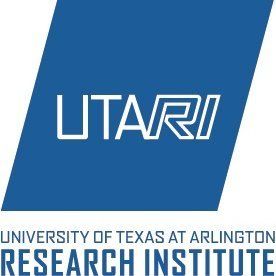The University of Texas at Arlington Research Institute
The UT Arlington Research Institute (UTARI) specializes in applying cutting-edge technologies to real-world engineering problems. Our collaborative endeavors reflect a commitment to excellence, integrity, and respect for all, bringing economic growth and fulfillment to our families, business partners, university, and community.
The University of Texas at Arlington Research Institute
7300 Jack Newell Boulevard South, Fort Worth, TX 76118
What We Do
UTARI performs research and development that links discovery, development, and technology commercialization leading to technology-based economic development which benefits our society.
A center focused on the research and development of autonomous vehicle technologies, including a $2.3 million state-of-the-art outdoor netted drone facility for safe testing of advanced autonomous air vehicles.
Application Area
Show More (10)Services
Show More (1)Diagnostics
Show More (3)Medical Devices
Psychological and Cognitive Health and Performance
Battlefield Resuscitation
Show More (1)Key People
Head of Automation and Intelligent Systems Division
Assistant Professor, Materials Science and Engineering
News & Updates
Each seminar highlights a different speaker who will discuss their latest research projects, cutting-edge technology or what is happening within certain technological industries.
Each seminar highlights a different speaker who will discuss their latest research projects, cutting-edge technology or what is happening within certain technological industries.
Dr. Nick Gans, Head of UTARI’s Automation and Intelligent Systems division and Associate Professor, Computer Science & Engineering, is a recipient of the University of Texas System Rising Star Award.
Before a new autonomous system is set loose in the world, it must be thoroughly tested. That’s where the Autonomous Systems Lab at the UTA Research Institute (UTARI) steps in.
Foot ulcers are strongly related to diabetes mellitus and arise from secondary complications of the disease.
Dr. Ye Cao, an assistant professor in the Materials Science and Engineering Department, has earned a five-year, $500,000 CAREER grant from the National Science Foundation.
